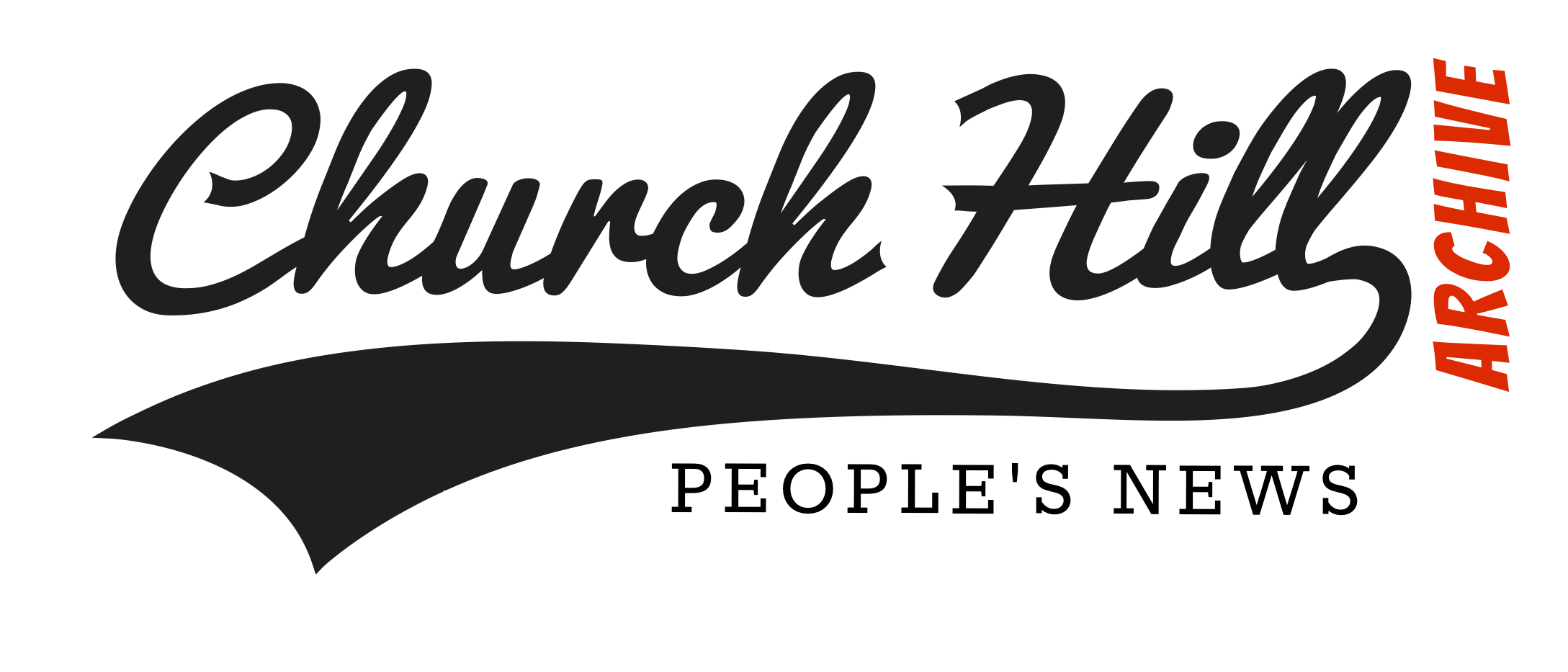RECENT COMMENTS
Joel Cabot on Power Outage on the Hill
Eric S. Huffstutler on What is up with the Church Hill Post Office?
Eric S. Huffstutler on What is up with the Church Hill Post Office?
Yvette Cannon on What is up with the Church Hill Post Office?
crd on Power Outage on the Hill
Question about heating a Church Hill row house?
03/12/2013 11:31 AM by John M
Our 1600 square foot row house on Church Hill was built in 1910 needs a new heat pump and we have to decide what size (“tons”) to buy. Since there are many row houses of this size and vintage in the area, we figure other residents’ experience would be useful. What size (in tons or BTU’s) works for your house? Thanks for any input.
Thanks, Steve
TAGGED: question






Our house is 1450 sq feet and built in 1901. Ours is 2.5 tons.
I can’t give any advice on size, but I would recommend thinking about a dual zone system – one for the upper level, one for ground level. I have a 1400 sq foot brick home built in 1940 w/ no insulation. Ground level stays cool on its own in the summer but upper level is quite warm so we’re stuck w/ reall cold lower level and luke warm upper level. Opposite is true during wintertime.
A certified HVAC company or technician can (and should) do a calulation (called a manual J calculation) on your house, based on the number sq. footage, size and types of windows and doors and levels of insulation in the walls, attic and crawl space. Sun exposure, number of occupants and air infiltration into your house are also factors. The unit can then be sized based on this calculation. Many homes are quite drafty, and with some basic energy efficiency techniques to better seal the house from air infiltration, you can potentially get by with a smaller unit compared to a residence without these strategies, which can save money in the long run. Caulking cracks and weatherstripping doors and windows are basics that anyone can do. Many techs will go by ‘gut feeling’ or similar sized houses, but each house is different based on the above factors. A unit that is too small can be bad because it runs continuously trying to keep up, but a unit that is too big may cycle on and off too frequently thereby ruining energy efficiency. Call at least three reputable HVAC companies and get quotes from them. They will advise what size units to get and you’ll get a sense of what the going market rate is. Read this also: http://hvac-talk.com/vbb/showthread.php?840132-What-is-a-manual-J-load-calculation And remember, the lowest bid does not necessarily mean the least cost when you factor in the long term energy consumption of a unit that is sized inappropriately for a house.
If you have not done so already, an energy audit for the house is money well spent. That can help you size the system.
Also, you might want to consider a backup/alternative heating system like a wood pellet stove.
I completely agree with Lisa about the dual zoned system. Also, I would recommend that you ask a qualified HVAC company to size it for you. They have formulas for figuring out what you need. I used Midlothian Mechanical for the sizing and they also sold me the unit; they were the cheapest of the three quotes I got.
I agree with Scott an energy audit is the way to go. The size of your unit depends on many factor such as insulation in the walls, the solar heat gain of your windows, tightness of your house, etc. Based on all these factors your auditor can run a manual j to determine the load size. A good resource that may be able to point you in the right direction is someone at EarthCraft VA, they know their stuff.
Lisa if you turn the fan to on as opposed to auto it will keep your air flowing though out your house and you won’t experience as large of a temperature differential between the first and second floor.
i would agree with scott on a getting a back up heating source but would recommend a wood burning stove as they do not require electricity to operate. Either way, they are both extremely effecient and effective heat sources and would significantly reduce heating costs if you used them to supplement your heat source.
Keep in mind that in cooling mode an over-sized unit will cycle on and off more frequently which affects reliability and comfort, and it will not remove as much humidity which may mean you have to turn the AC up to make it feel cooler. I can’t speak to the heating aspect (are you sure there isn’t a supplemental gas heater option that would work?) but I can say that my wife and I went for an ‘under sized’ unit and were very happy with the cooling. I’ve worked in rooms where the AC was over-sized by a factor of 3 and it was miserably uncomfortable, AC comes on for 2 minutes every 15 minutes, leaves the room sticky, and blows dust around the room with freezing cold air!
Dominion Power will do an audit for free. They will also install a backup generator and buy back your excess wattage. The cost of installation and equipment is repaid over time and when paid off, that is it, you own the system. The last time I checked, there was a 4 month backlog. The generator needs to be hard wired into your panel box so there is some expense there. I apologize for not giving you the number to call, but it has been two years since I dealt with this and I have purged info. Just call Dominion. They were very help full .
Heat pumps are not a great choice for keeping the house warm in the winter. The downstairs will always be cold.
Thanks for all the great information. I’ve arranged for an assessment and have contacted several HVAC companies to provide quotes.
For a long term solution and much better comfort, you might want to consider some insulation. If you do not want to open up your walls, then there are some blow in options that can help. This will dramatically save money long term and there are a lot of programs out there to help supplement the cost. No matter how good your heat system is, not having any or enough insulation will always cause you to have cold spots in the winter and hot spots in the summer.